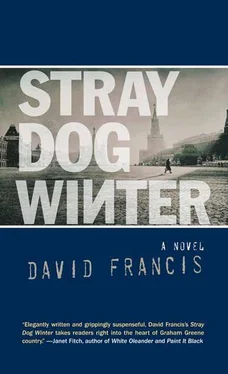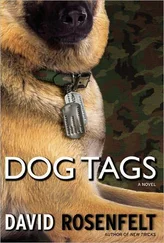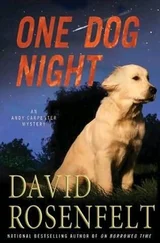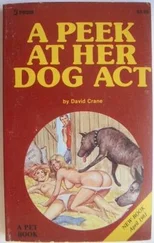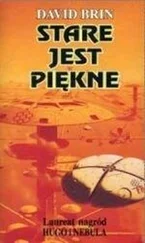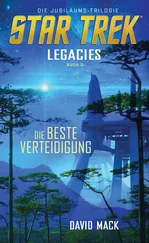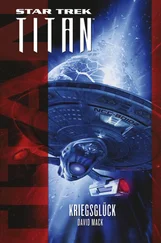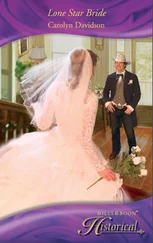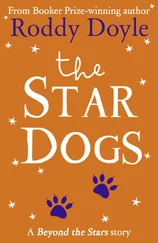Who is this man? hissed the Turk, thrusting a pair of field glasses into the back seat. The driver turned too, a pistol an extension of his black, gloved hand. Darcy’s hands felt so unsteady, fumbling with the binocular strap, then focusing. Lenses that produced a strange night vision, purple, searching down the grainy details of the sheeted building, the magnification almost telescopic. Fin like a species endangered, tracked through the snow, monitored from the restaurant somehow. Darcy’s eyes burned with the hazy vision of her smooth, efficient movement, climbing a rope ladder up the rusted side of the boat into what looked like mounds of gravel. She was being closed in on.
Tell me who is the man? Words spat by the Turk from the front seat. Darcy turned his attention to the one who wasn’t Fin. A heavy leather jacket, jeans high and cinched tight the way all Moscow men wore jeans. The cook, Darcy mumbled, from the restaurant, but the cook had worn thick checked trousers. This man who now climbed the ladder, cigarettes bulging squarely from his rear pocket, turned for a moment to check as the building light flickered on like a signal, and Darcy caught his rutted unmistakable face through the purple, butterflied lens. The Albanian he’d shared the sleeper with on the train from Prague. Different in jeans but him, and Fin there, small beside him as he shed his torchlight over stones frosted grey, crouched down and they both disappeared. Suddenly, the shape of the barge rendered nothing, a pregnant silence and two humps of gravel, the Turk talking feverish Russian, and Darcy’s realisation—Jobik’s people had kept an eye on him since day one, shepherding their money belt home, and the truth of Darcy’s idiocy had him staring at the seat back, retreating inside himself, the thought of himself as a fool on a train trundled like a gift bag through hell to this cold, precious moment.
He turned to the night as a great silver net of snow fell like unexpected debris and, with it, the sound of a distant motor, not the sound in his head, and nyet, nyet from the dashboard had the Turk still peering, anxious now, impatient. No one moved to storm the boat. The barge planted like a frozen wreck and yet lights moved out from it, over the ice. The Turk’s words biting into his device. No moon on the river just spidering light in the blackness. Darcy picked up his own forgotten binoculars and his heart rose slightly. A snowmobile headed out across the river, one and then another, then nothing. The barge was just a meeting place. Fin was getting away.
Quick footsteps on the road and voices, coats moving out into the darkness, ignitions starting, a chance, thought Darcy, turning to the roadside door, but in the snow-smeared window loomed the general, eyes that danced with a hint of madness. He wrenched the door wide open. Time for you, he said, little boy blue .
Darcy lunged for the opposite door but the driver’s arm was already a fist on the handle, another acid smile, and the Turk from the passenger side, shouting at the general: Gde most? Gde most? Where’s the bridge?
The general dismissed the Turk with a wave of his handgun, grabbed Darcy by the coat, a glove around his neck that had a yowl of agony ratcheting up inside his head, the general’s thumb like a cattle prod, a pistol in Darcy’s ear. Darcy closed his eyes against him, sensed these as last breaths, pulled out into the veil of snow, the flakes that feathered his face as his own hands scrabbled up to wrest away the general’s thumb, his gloved fingers gripping Darcy’s voiceless throat, a mewling sound sent out to Fin out on the river ice, to Aurelio, to escape these great mauling hands. Darcy flailed the binoculars strapped to his hand like some pathetic handbag weapon, the knife out of reach, the gun jammed in his now-roaring ear, just as he’d imagined it only minutes before, shot on this road in front of Aurelio, as remonstration, left in the frozen ditchwater for local dogs to lick his wound. He thought if he’d had any other life it wouldn’t end like this, the Turk yelling at the general, losing his Armenians, a glimpse of Aurelio through the Lada’s wipers, a horror caught in those rounded eyes, a barely perceptible shake of his head and in it a plea not to struggle. And Darcy was beyond it now, exhausted.
You thought I was to kill you? the general said, smiling, and Darcy’s knee was bashed as he was thrust into the back seat of the Lada, the familiar tobacco smell, anise. He held a mitten to the eruption of pain in his neck, stunned and silent. Then he righted himself, clenched the ear that clamoured with the bullet that hadn’t been shot, and breathed as if he’d forgotten how, looking up for Aurelio—Aurelio who didn’t dare look around, doleful eyes caught in the rear-view mirror as the general hefted himself around to face Darcy, his great arm on the seat back. My son, Aurelio, he said with relish, his lips loose. You know him?
Darcy withdrew from the yellow-toothed smile, a cautious glance from Aurelio, stiff and uncertain, then silence.
Aurelio was ballet dancer, said the general. Weren’t you, boy?
Aurelio didn’t suspend an elegant arm as he’d once done for Darcy but instead put the Lada in gear and stared out into the rough U-turn he made.
He drove now with lights, the Turk a dark blur behind them. Darcy, his sight blurred again, watched out through the drumbeat rhythm of wipers, unsure if he should be grateful. A passing clump of bare black forest. He blinked to focus, touching his lip, the burn, as both cars ran parallel with the silvery Moskva. Shabby wooden dwellings, the ways that wove down to the river. No lights of a skidoo. The general, two fingers pressed to an ear, listening for news from scratchy, faraway transistor voices. Aurelio’s downy dancer’s neck didn’t turn to see him, but the general leaned slightly sideways, kept watch with accusing eyes, extending his free arm along the bench seat, the pistol at Aurelio’s shoulder.
Fear snaked in Darcy’s veins like a system of rivers, Aurelio’s hands tight on the wheel, the general’s zealot eyes, bloodshot under the rim of his black fur hat. My son, he said as if Aurelio weren’t there. He never dance with Bolshoi. They only use him because he is strong, lifting ballet girls. He gestured with his big hands lofted in the air, the pistol firm in one. But they don’t like Cubanos at the Bolshoi, do they? Nyet, nyet, nyet . He pushed the gun at Aurelio’s neck. Not specially the half homosex, half Cubanos.
Aurelio, mute, twitched his neck and drove on, rigid. Darcy avoided the general’s flecked vulture eyes, focused on the gun, the silencer, a memory of the same at Nikolai Chuprakov’s feet. Could it be the son-in-law’s gun or did silencers all look the same? Darcy felt dizzied, the sardonic thrum of traffic through snow as they passed beneath what he thought was the ring road. The general so big, the seat back seemed low, his square-jowled face turned around to Darcy again. He have a dancer friend. The he turned to Aurelio, goading. What happened to him? Sergei Beloff, was this his name? He not dance anymore. Jew boy, blue boy. He can’t dance now . A violence in the last word, an act implied, the general sweating with wrath, or it could have been drink, and all Darcy thought of was size against frailty, being heaved at, the thought of a dancer blood-smeared against the cement. Aurelio still said nothing, just the slightest shake of his head in the rear-view mirror. Darcy saw cuts on his face.
The knife felt cold and small folded in Darcy’s mittened hand as he slid it unopened up into his coat sleeve, a soundless ribbon of panic. The general with the fingers to his transistor ear once more and another almost indiscernible shake of Aurelio’s head. Had he seen the knife, sensed it? If it gouged the general’s pistol arm, into whose head would he shoot the bullet? The Lada would skid through the gnawing darkness, turning over like a surfboard.
Читать дальше
